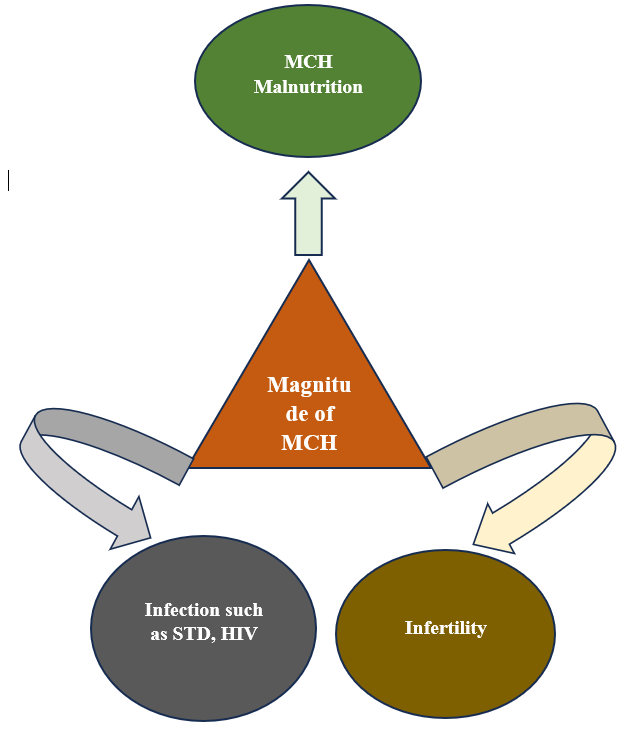Preventive Obstetrics and Domiciliary Care in Maternity Nursing
Preventive Services for Mothers in the Prenatal Period The first visit irrespective of when it occurs should include: • Health history • Physical examination • Laboratory examination: Complete urine analysis Stool examination Complete blood count including Hb estimation Serological examination Blood grouping and rhesus (Rh) determination Chest X-ray, if needed On subsequent visits: Domiciliary Care:… Read More »

